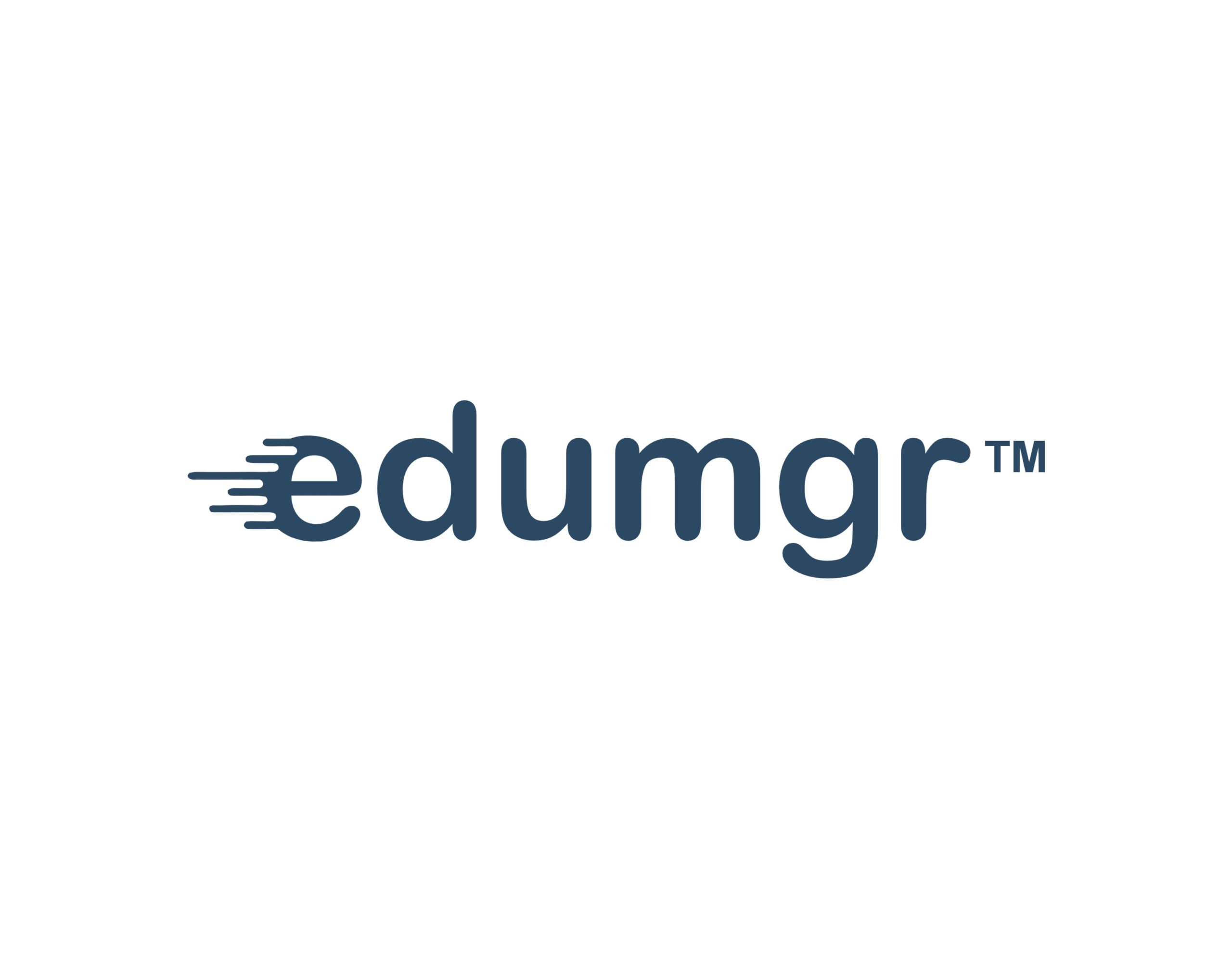- Middle East places second in top countries or regions with largest average total data breach costs, next to United States
- Basic web application attacks number one cyber threat in EMEA region
- Basic cybersecurity measures including strong passwords, employee training, and use of encrypted USB devices cited
- IBM Security report: Average data breach costs surged to USD 4.24 million in 2021 from USD 3.86 million in 2020
Kingston Technology Europe Co LLP, an affiliate of Kingston Technology Company, Inc., a world leader in memory products and technology solutions, underscored anew the need for tighter online security habits amid the unabated rise of costly cyberattacks worldwide, including in Europe, Middle East, and Africa (EMEA) region.
RELATED: Will 2022 sustain the sophisticated cyberattacks developed in 2021?
The statement was made as the total global average of data breach costs grew by the largest margin in seven years. According to IBM Security’s Cost of Data Breach Report 2021, the data breach costs worldwide surged from USD 3.86 million in 2020 to USD 4.24 million in 2021 on average. The Middle East placed second in its list of top countries or regions with the largest average total cost, next to the United States, at USD 6.93 million in 2021 from USD 6.52 million in 2020.
“We see the need to reiterate our call to apply the strongest cybersecurity measures possible. With the cyber threats landscape continuously evolving, each of us should up our game and be one step ahead at all times. Now is the time to check and revisit our online security habits, especially as we celebrated the World Password Day in May. We have seen the rise of many forms of cyberattacks over the past years, and it pays to be vigilant and proactive,” said Antoine Harb, Team Leader Middle East and North Africa at Kingston Technology.
Across EMEA, as per Verizon’s 2021 Data Breach Investigation Report, basic web application attacks remain the number one threat in the region, accounting for an estimated 54 per cent of breaches. It is followed by system intrusion, social engineering, and miscellaneous error patterns. The report also states that the most often breached data type in this part of the world is credentials (70%).
Generally, the most common online security intrusions are phishing, ransomware, lost, stolen and cracked passwords, and data leaks, among others. Kingston noted that many data breach incidents are caused by human errors, which include weak passwords and a lack of cybersecurity awareness.
“As cybersecurity is a shared responsibility, raising awareness about the seriousness of cyberattacks is the first basic step followed by taking all necessary mitigation measures. It is vital that we protect our data and online networks from being hacked. Equally essential is to have an incident response plan ready in case of a breach. We recommend putting in place strong password security levels, constant training of employees about cybersecurity, installing up-to-date antivirus software, and backing up data, to name a few,” added Harb.
To further strengthen an organization’s cyber resilience, it is important to deploy intelligent tools to protect and monitor endpoints and remote employees; invest in governance, risk management, and compliance programs; roll out an open security architecture; and adopt a zero-trust security model.
Organizations can implement encrypted USB drives for data encryption compliance as part of their protocols. In this case, encrypted USB flash drives are an ideal data protection security solution for government and corporate data. The devices are designed to help organizations meet a variety of international security regulations and protect personal and confidential data.
Kingston experts have been collaborating with various entities to help them discover, protect, and monitor their most valuable and sensitive data. To offer a solution to the growing problem, Kingston has created its encrypted IronKey product line to ensure the safety of both private and company data.


































